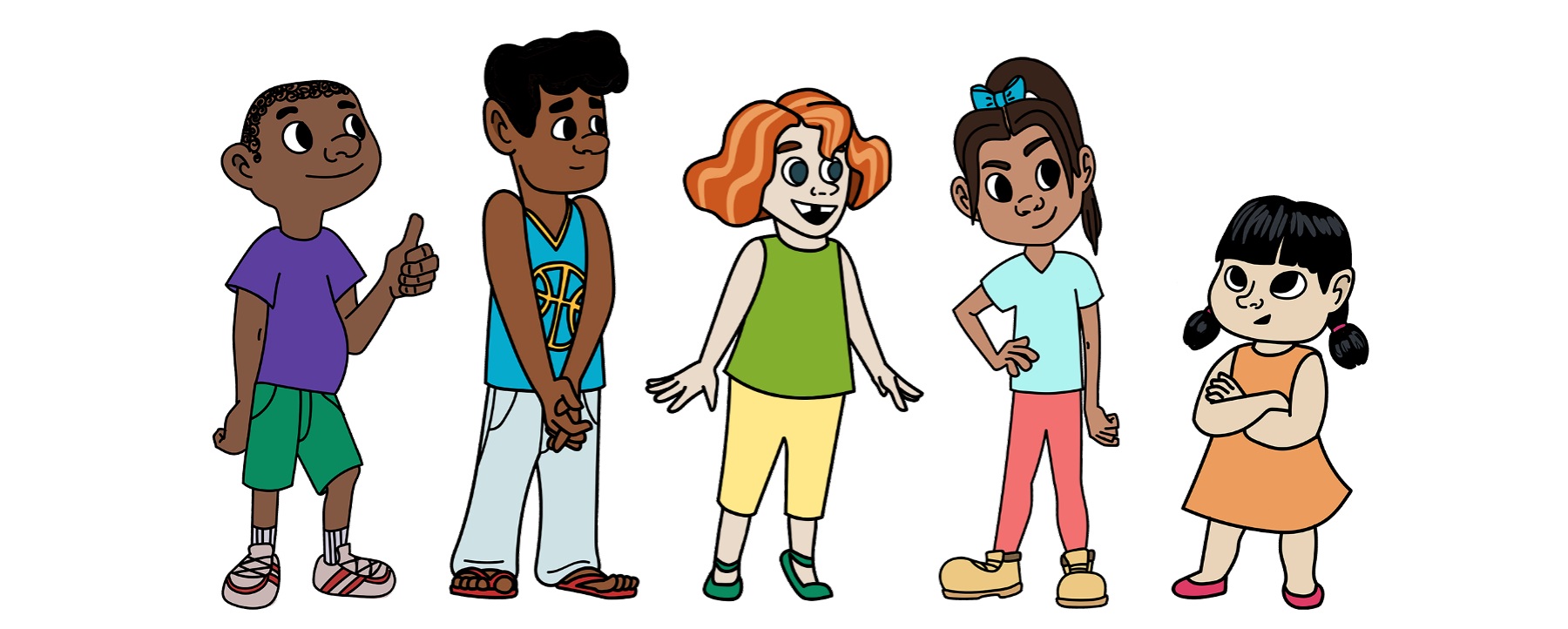Let's Change How We Care for Kids
Ahaana Singh, Founder and Chief Executive Officer
Think back to when you lost your first tooth.
Fairies, candy, and money aside, it’s a pretty confusing concept for a 6 year old to wrap their head around. Without your parents explaining to you that it’s normal for your baby teeth to just pop out of your face, you would be terrified that you might soon be toothless.
Now, imagine being 6 years old and diagnosed with a chronic condition like asthma. Without the ability to understand the circumstances of the condition, it would be so scary every time you had trouble breathing while running around on the playground.
Unfortunately, that confusion and fear is a reality faced by most pediatric patients. Children are typically not provided with the information they deserve to understand their health and wellbeing.
With over 6 million pediatric hospitalizations occurring on an annual basis in the US, there must be a standard for which we—as family members, providers, caretakers, and friends—engage children in their own health.
But there isn’t one.
A few years ago, I was shadowing in a pediatric cardiology clinic in which children as small as newborns and as old as 19 years were coming in with a variety of cardiovascular concerns and conditions. One patient really stood out to me— a 7 year old boy, let’s call him Tyler, with a rare heart condition called an aortic bicuspid valve. Tyler was seeing the doctor for a monthly checkup. Before then, he had been in and out of the hospital every few weeks to check on the status of his condition. On this particular visit, Tyler seemed distressed and restless. He finally mustered up some words to ask the doctor: “What do I tell my friends when they ask why I go to the doctor all the time?” The doc took a deep breath and gently said, “Well, you have a bicuspid valve, but you’re going to be ok!”
Tyler’s face was wrinkled in confusion. MY face was wrinkled in confusion. Wasn’t there a better, more informative way that we could reassure him?
I looked for resources that could be useful for kids like Tyler but I had trouble finding readily accessible information that was kid-friendly. Soon, I found that there was no consistent source of information that kids could count on when it came to their health.
This confused me even more. Developmentally speaking, most children have the power to make informed decisions by the age of 7, however most patient education materials are written at a 12th grade reading level. When it comes to their health, we don’t provide children with the necessary information, leaving them powerless in something that is so personal.
That’s where we come in. Here at Afi Health, we are providing age-appropriate, informative resources for children to better understand and engage with their health. Children are constantly overlooked in their own care and left confused and uncertain. In today’s wave of democratized healthcare, this cannot be the case- we must give kids the tools for them to understand what is going on inside of them and what they can do to take care of themselves.
At Afi Health, we are informing, reassuring, and empowering children within their care. While we’ve always been dedicated to improving the standard of pediatric patient care, we are now taking it to new heights. Afi Health is the go-to platform for kids to feel supported and involved when it comes to their health.
Through education, we can reduce patient anxiety, improve treatment adherence, and better patient outcomes. More importantly, however, we can give kids the resources they deserve to feel safe, comfortable, and healthy.

